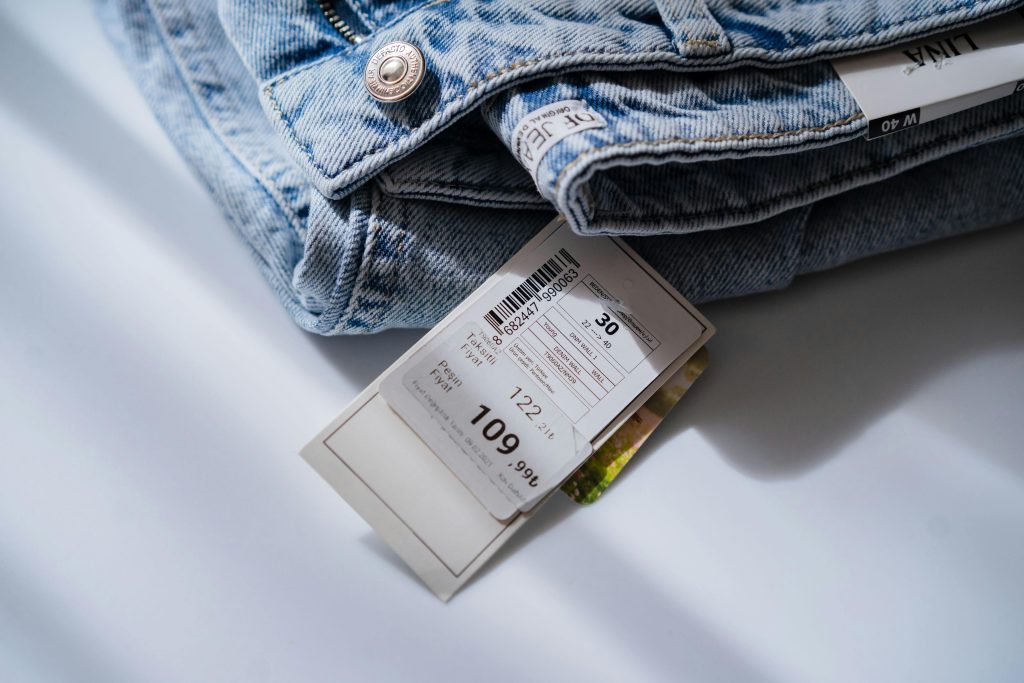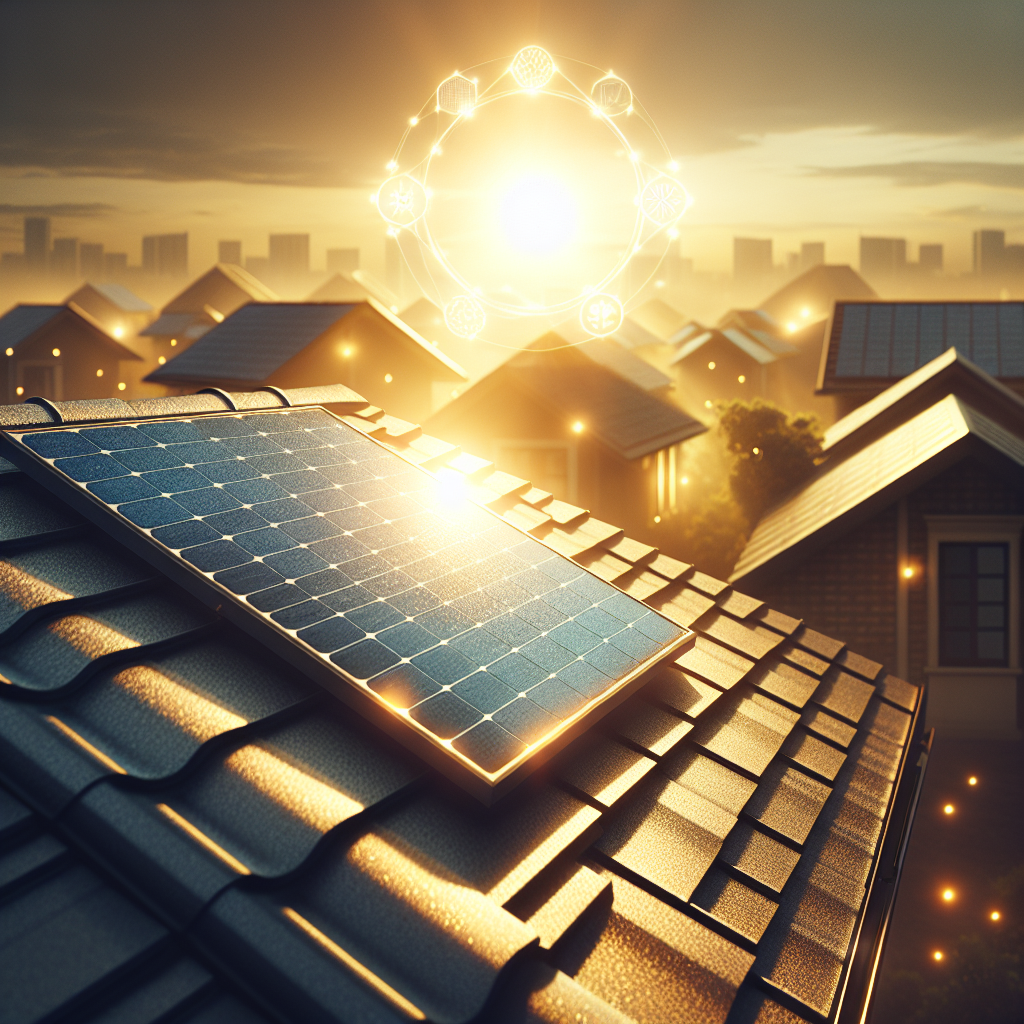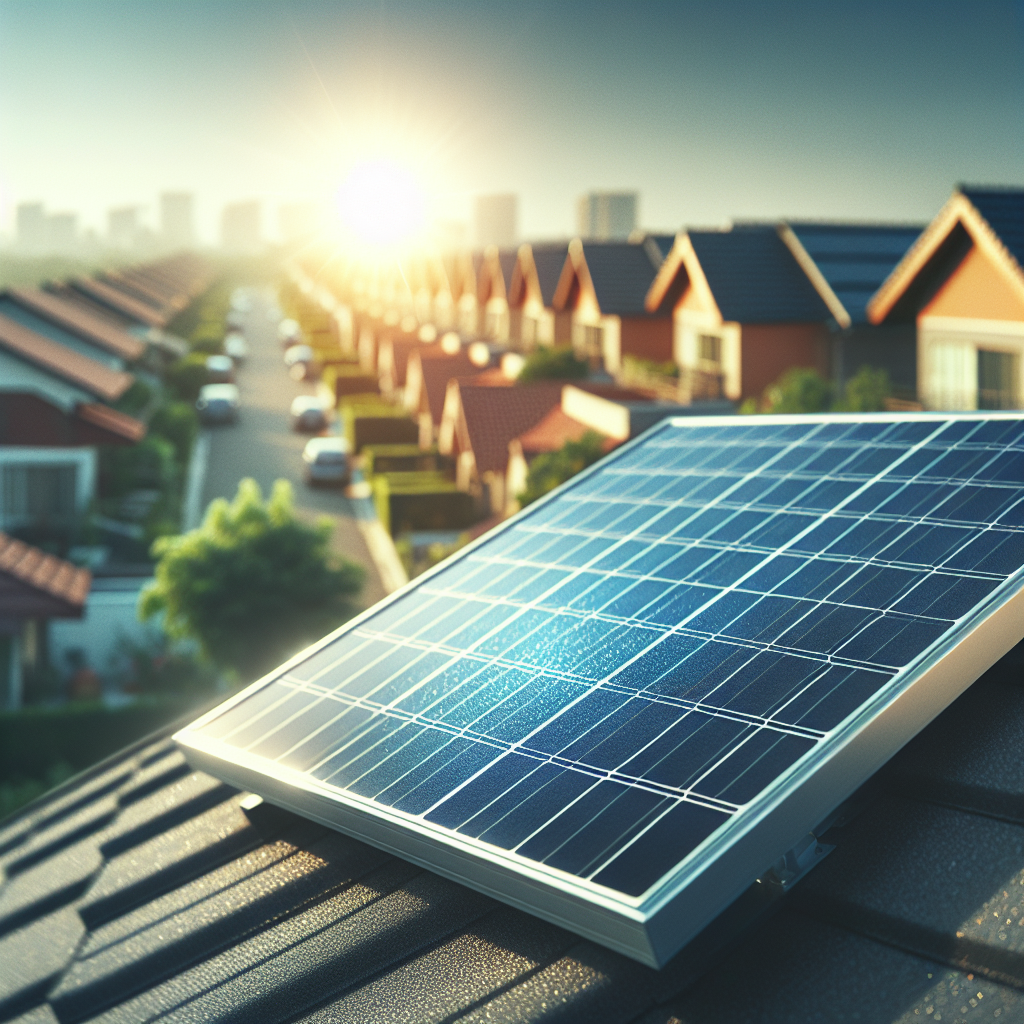How Much Are Solar Panels For Your House
As an Amazon Associate, I earn from qualifying purchases, at no additional cost to you. Disclaimer
I couldn’t help but wonder about the cost of solar panels for my house. Curiosity got the better of me and I decided to do some research. To my surprise, the prices varied significantly depending on various factors such as system size, location, and government incentives. It turns out that investing in solar panels can be a smart financial decision in the long run. In this article, I will explore the different aspects that influence the cost of solar panels for your house and shed some light on whether they are worth the investment. So, let’s dive in and discover how much it really costs to go solar!
Understanding Solar Panel Technology
Solar panels are a remarkable technology that harnesses the natural and renewable energy of the sun to generate electricity. These panels, typically made of photovoltaic (PV) cells, have become increasingly popular in recent years as more people recognize the benefits of clean and sustainable energy sources. In this article, I will provide a comprehensive overview of solar panel technology, including how they work and the different types available.

Brief overview of solar panels
Solar panels, also known as solar photovoltaic panels, are devices that convert sunlight directly into electricity. They are comprised of a collection of PV cells, which are made from semiconducting materials, most commonly silicon. When sunlight hits these cells, it creates an electric field that enables the flow of electrons, generating an electrical current.
How solar panels work
Solar panels work through the photovoltaic effect, a process that involves the interaction of photons, or particles of light, with the PV cells. When sunlight strikes the cells, the photons transfer their energy to the electrons in the cell’s material, thereby producing an electric voltage. This voltage is then converted into usable electricity through an inverter, which transforms the direct current (DC) generated by the panels into alternating current (AC) that can be used to power household appliances and devices.

Different types of solar panels
There are several types of solar panels available on the market today, each with its own advantages and considerations. The most common types include monocrystalline, polycrystalline, and thin-film solar panels.
- Monocrystalline panels are made from a single crystal structure and are known for their high efficiency and sleek black appearance. They are also the most expensive option.
- Polycrystalline panels are made from multiple crystals and are less expensive than monocrystalline panels. Although they have a slightly lower efficiency, they are still a popular choice among homeowners.
- Thin-film solar panels are the least expensive and flexible option, as they are made by depositing thin layers of semiconductor material onto a substrate. While they tend to have lower efficiency, they perform better in low-light conditions and are suitable for certain applications.
Initial Cost of Solar Panels
One of the major considerations when installing solar panels is the initial cost involved. The price of solar panels can vary depending on various factors, including the size of the system, quality of the panels, and the region where you live.
Factors affecting the price of solar panels
The cost of solar panels is influenced by several factors, including the size of the system, the brand and quality of the panels, and any additional hardware required for installation. Additionally, market demand and economies of scale can also impact the price of solar panels.
Average cost of solar panels based on size
On average, the cost of solar panels can range from $10,000 to $30,000 for residential installations, depending on the size of the system. A smaller system, such as a 4 kW system, can cost around $10,000, while a larger system, such as a 10 kW system, can cost upwards of $30,000. It’s important to consider the energy needs of your household when determining the size of the system.
Additional hardware cost involved
In addition to the cost of the panels themselves, there are other hardware components required for a solar panel system, including inverters, mounting structures, wiring, and monitoring systems. These additional costs can vary depending on the complexity of the installation and the specific requirements of your home.

Installation Costs
While the cost of solar panels is a significant consideration, it’s also important to account for the installation costs involved. The installation of solar panels typically requires professional labor, which can impact the overall price of the system.
Labor costs
The labor costs for installing solar panels can vary depending on the complexity of the installation and the region where you live. It is recommended to hire a certified solar installer who can ensure proper installation and maximize the efficiency of your system.
Factors that affect installation costs
Several factors can influence the cost of solar panel installation. These include the size and type of system being installed, the accessibility of your roof, any necessary upgrades or modifications to your electrical system, and any additional services required, such as tree trimming or scaffolding.
Average installation costs across different regions
While installation costs can vary, on average, homeowners can expect to pay between $2,000 and $5,000 for professional installation. However, it’s important to note that these costs may be offset by government incentives and rebates, as well as long-term energy savings.
Government Incentives and Rebates
To encourage the adoption of solar energy, governments at various levels offer incentives and rebates to homeowners who install solar panels. These incentives can significantly reduce the overall cost of a solar panel system and make it a more financially viable option.
Federal tax credit for solar panels
In the United States, homeowners who install solar panels are eligible for a federal tax credit, known as the Investment Tax Credit (ITC). The ITC allows homeowners to deduct a percentage of the cost of their solar panel system from their federal income taxes. As of 2021, the ITC offers a 26% credit, which will decrease to 22% in 2023 unless extended by legislation.
State-specific incentives for solar panels
Many states also offer their own incentives and rebates for installing solar panels. These can include cash rebates, grants, property tax exemptions, and sales tax exemptions. The availability and amount of these incentives can vary greatly depending on the state, so it’s important to research the specific programs available in your area.
Utility company incentives
Some utility companies also offer incentives for installing solar panels, such as net metering programs. Net metering allows homeowners to receive a credit on their electricity bill for any excess electricity their solar panels generate and feed back into the grid. This can help offset the cost of purchasing electricity from the grid during periods of low solar generation.

Total Solar Panel System Cost
To determine the total cost of a solar panel system, it is necessary to combine the costs of the panels, installation, and any additional hardware or services required. This comprehensive cost analysis will provide a clearer understanding of the financial investment required.
Examples of total costs for different house sizes
The total cost of a solar panel system can vary depending on the size of the system and the specific requirements of your home. As an example, a 5 kW system for an average-sized home might cost around $15,000 for the panels, with an additional $4,000 for installation and hardware. However, it’s important to consult with a solar installer to obtain an accurate quote based on your individual circumstances.
Financing Options for Solar Panels
While the initial cost of solar panels may seem daunting, there are various financing options available that can help make solar energy more affordable for homeowners.
Solar lease and power purchase agreement
A solar lease or power purchase agreement (PPA) allows homeowners to “lease” or purchase the electricity generated by a solar panel system without the need to purchase the panels outright. With a lease or PPA, the solar company retains ownership of the panels and is responsible for maintenance and repairs, while the homeowner benefits from reduced electricity costs.
Solar loans
Solar loans provide homeowners with the opportunity to finance the purchase of a solar panel system over time. These loans can be obtained through banks, credit unions, or specialized solar financing companies. With a solar loan, homeowners own the panels and are eligible to receive applicable government incentives and rebates.
Home equity loans
Another financing option for solar panels is a home equity loan. Homeowners can leverage the equity in their homes to obtain a loan for the cost of the solar panel system. This option allows homeowners to benefit from potential tax advantages and can often offer lower interest rates compared to other financing options.

Return on Investment from Solar Panels
Installing solar panels is not only a sustainable choice but can also provide a significant return on investment (ROI) over time. By generating your own electricity, you can reduce or even eliminate your monthly utility bills, saving money in the long run.
Calculating energy savings
To determine the potential energy savings from solar panels, you need to consider several factors, including the size of your system, your electricity usage, and the cost of electricity in your area. By analyzing your previous energy bills and considering the average lifespan of a solar panel system, you can estimate the long-term savings.
Estimated time it takes to break even
The payback period, or the time it takes to recoup your initial investment, can vary depending on the cost of the solar panel system, the energy savings achieved, and any applicable government incentives. On average, homeowners can expect a payback period of around 5 to 10 years.
Long-term financial benefits
Once the solar panel system has paid for itself, you can enjoy long-term financial benefits. By generating your own electricity, you are less vulnerable to rising utility costs, allowing you to save money in the long run. Additionally, any excess electricity you generate can be sold back to the grid, further bolstering your financial returns.
Maintenance and Repair Costs
While solar panels require minimal maintenance, it is important to consider the potential costs associated with repairs and regular upkeep.
Expected lifespan of solar panels
Solar panels typically have a lifespan of 25 to 30 years. However, the actual lifespan can vary depending on factors such as the quality of the panels, the installation, and the climate in which they are located. It’s recommended to work with reputable manufacturers and installers to ensure the longevity of your solar panel system.
Common repairs and costs
In general, solar panels require minimal repairs. The most common repairs include fixing or replacing damaged wires or connectors and addressing any damage caused by extreme weather events. The costs for these repairs can vary depending on the extent of the damage but are generally minor in comparison to the overall cost of the system.
Cost of regular maintenance
Regular maintenance for solar panels typically involves cleaning the panels to ensure optimal performance. This can be done by simply rinsing them with water or using a soft brush to remove any debris or dirt. The cost of regular maintenance is minimal and can often be performed by homeowners themselves.
Insurance and Solar Panels
When considering the installation of solar panels, it is important to review your homeowner’s insurance policy to ensure adequate coverage.
Impact on homeowner’s insurance
In many cases, solar panels are covered under a standard homeowner’s insurance policy, as they are considered part of the structure of the home. However, it is important to review your policy and notify your insurance provider of the installation to confirm coverage and ensure that the value of the panels is included in your policy.
Possible need for additional insurance
While homeowner’s insurance may cover solar panels, it may be necessary to purchase additional insurance to protect your investment fully. Additional insurance options, such as equipment breakdown coverage or specific renewable energy coverage, can provide enhanced protection against unforeseen circumstances, such as damage or malfunction.
How to protect your investment
To protect your investment in solar panels, it’s important to take proactive steps such as regular maintenance and monitoring the performance of your system. Additionally, ensuring you have adequate insurance coverage and understanding any warranties or guarantees provided by the manufacturer or installer can help safeguard your investment.
Cost vs. Benefits Analysis
When evaluating the financial feasibility of installing solar panels, it is essential to conduct a comprehensive cost vs. benefits analysis. This analysis will help you understand the long-term financial implications and the environmental impact of your decision.
Evaluating the total costs of solar panels
By considering the initial cost of the panels, installation, and any additional hardware, as well as factoring in any financing or incentives available, you can determine the true cost of your solar panel system. This thorough evaluation will provide a clearer understanding of the financial commitment involved.
Understanding the potential energy savings
The savings achieved through solar panels can be substantial, particularly over the lifespan of the system. By estimating your energy usage and analyzing historical energy bills, you can calculate the potential savings and determine the payback period for your investment.
Weighing up the environmental impact
Solar panels offer a sustainable and eco-friendly source of energy, reducing reliance on fossil fuels and decreasing carbon emissions. By generating clean electricity from the sun, homeowners can contribute to a healthier environment and help combat climate change. When considering the cost of solar panels, it’s important to weigh these environmental benefits against the financial investment.
In conclusion, understanding solar panel technology is essential for homeowners considering the installation of a solar panel system. By comprehensively evaluating the initial cost, installation costs, government incentives, financing options, return on investment, maintenance and repair costs, insurance considerations, and conducting a cost vs. benefits analysis, homeowners can make an informed decision about solar panel installation. With the potential for long-term energy savings, environmental benefits, and financial returns, solar panels provide a compelling option for those looking to embrace clean and renewable energy sources.

